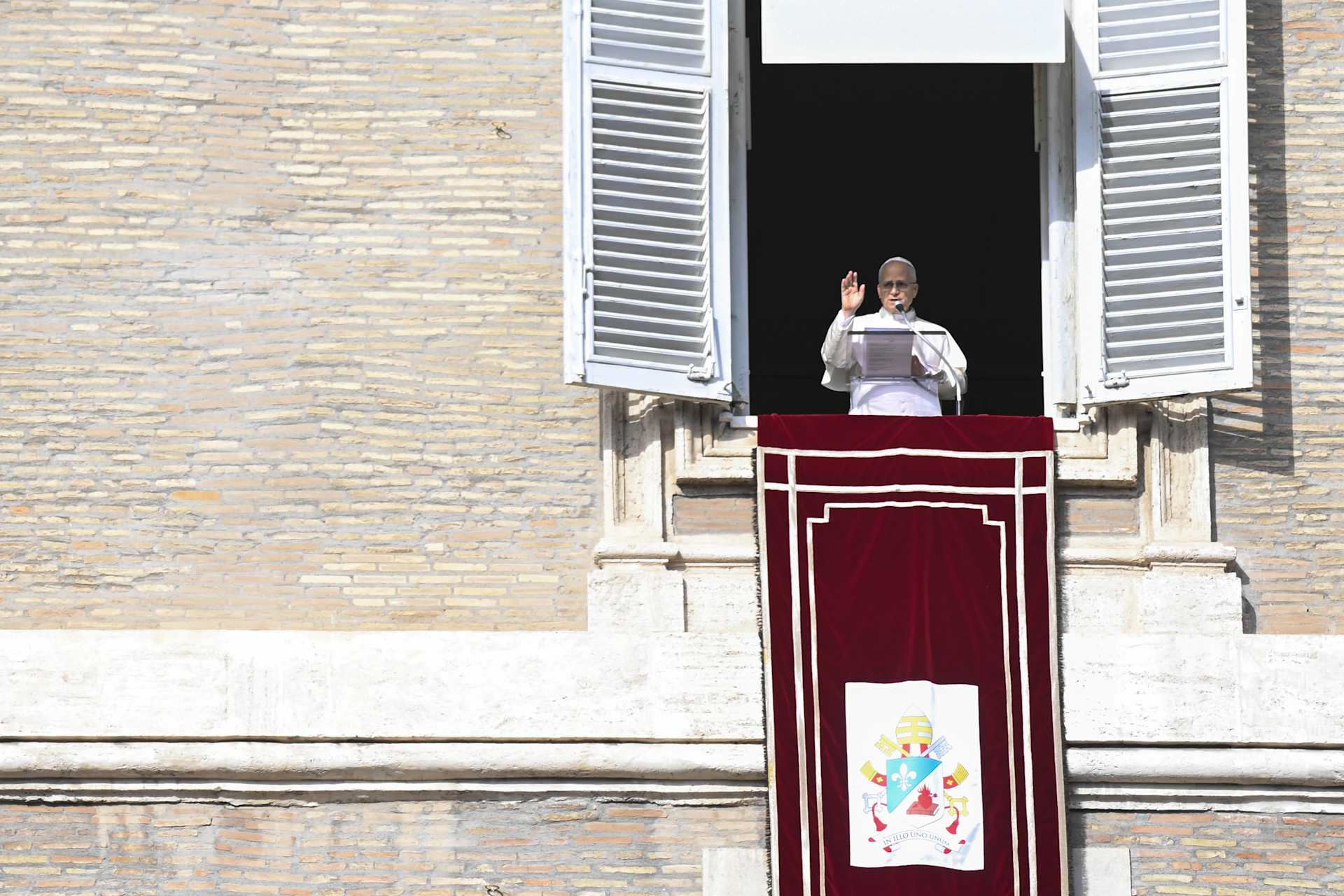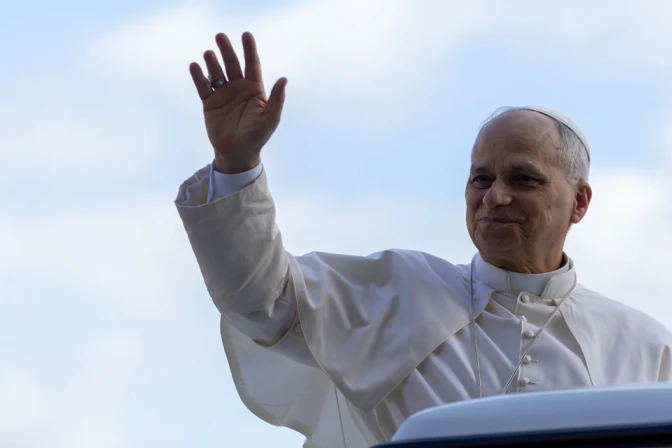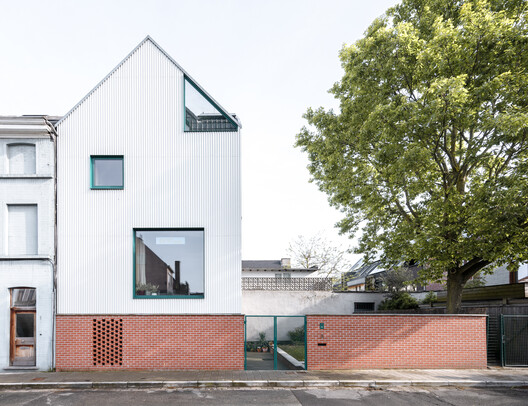3 big fights brewing for Europe’s telecom rescue plan
BRUSSELS — The European Commission is dialing reform, but not everyone is picking up.
Following years of talks, Brussels is almost ready to drop a long-awaited telecommunication blueprint designed to upgrade networks and support the industry.
The Digital Networks Act, expected to land Dec. 16, will overhaul the current rulebook to make it easier for operators to roll out 5G and fiber, and boost investment in Europe’s digital infrastructure.
But it’s likely to upset players from national governments to tech firms in the process.
The continent’s biggest telecom companies have long argued that stifling rules and a fragmented single market make it hard for them to scale and earn sustainable profits — and take European networks to the next level.
“Never has connectivity been so important to the life of people” but “at the same time, our industry has trouble in many regions to achieve a decent return on capital,” said Vivek Badrinath, the boss of global mobile association GSMA.
But not everyone is buying the crisis pitch — here are the battle lines ahead of the proposal.
Big Telcos vs. Big Tech
Years of lobbying by Europe’s top telcos to have data-hungry platforms such as TikTok, Netflix and Google’s YouTube help foot the bill for network expansion seem to have paid off.
The Commission is now weighing how to tackle “challenges in the cooperation” between tech and telecom players in its reforms.
One of the options on the table is turning into a political minefield: Empowering regulators to settle potential disputes between the two groups over how they handle traffic.
Opponents of regulatory intervention fear that it will give operators a way to pressure content providers for payments, akin to the unpopular proposal known as “fair share” that was floated under the last Commission.
At worst, they say, it could even upend the internet as we know it by undermining net neutrality — the principle that service providers need to treat all traffic equally, without throttling or censoring.
“This would have immediate and far-reaching consequences, harming European consumers, businesses, digital rights and the sustainability of the creative and cultural sectors, ultimately risking a fragmented Internet and single market,” a broad coalition, ranging from civil society and media organizations to audiovisual players, wrote earlier this month.

Regulators themselves say they don’t see any market failure, or need for a legislative fix.
“It’s increasingly hard for me to think that the Commission is approaching this in good faith because they cannot ignore the chaotic impact that something like this would have,” said Benoît Felten, an expert at Plum Consulting who authored a study on the topic commissioned by Big Tech lobby CCIA.
Tech companies will fight tooth and nail against any move to hold them to the same obligations that telecom operators have to follow.
“The same service, same rules principle should be a no-brainer,” said Alessandro Gropelli, the boss of telecom trade association Connect Europe. “You cannot have competitiveness if one party is playing the game with their hand tied behind their back and the other party is playing the same game with both hands.”
Incumbents vs. challengers
Brussels’ deregulatory mood is further deepening rifts between Europe’s top telecom providers and their challengers, who have long praised the existing rulebook that they say enables them to take on legacy players.
“The Commission wants to deregulate dogmatically” in order “to boost the largest operators in Europe,” said Luc Hindryckx, the director general of the European Competitive Telecommunications Association, a trade body. “One way to do it is to weaken the competition to allow a few incumbents to make it through and pave the way for consolidation, because if the competitors are on the verge of bankruptcy, they will ask to be merged.”
Telecom challengers are up in arms against the direction of travel, which could see the Commission dial down the regulatory pressure on Europe’s legacy telcos to open their ducts and fiber lines to competitors.
The EU executive wants to move away from heavy, upfront rules and closer scrutiny of dominant players to prevent abuse, instead relying on standard law enforcement. It argues the current system worked to boost competition but has outlived its purpose.
It is “alarming that the European Commission is now proposing to relax regulation on former fixed monopolies,” a coalition of nine network operators wrote in a letter this month. Signatories — including France’s Iliad and the U.K.’s Vodafone — called out the proposed “backwards step” and warned against the risk of “re-monopolisation.”
This shift, the opponents say, could unravel years of progress by undermining market predictability, deterring investment and pushing up wholesale prices — costs that would inevitably be passed on to consumers.

“In Germany, it seems that people never run a red light. One could say that people no longer run red lights and then change the law that says running a red light is a major offense. What do you think is going to happen?” Hindryckx quipped.
The legacy players don’t agree. “The current ex-ante system leads to low investments and harms roll-out of innovative networks,” said Gropelli from Connect Europe. “Reform is a must, or we’ll remain global laggards in roll-out of critical networks.”
Capitals vs. Brussels
National governments also aren’t cheering the reforms, with EU capitals bristling at the idea of Brussels muscling in on territory they consider their own.
That’s the case for the allocation of spectrum — the finite and very much in-demand resource powering wireless communications, which is auctioned at a national level for billions of euros.
“5G has been a disaster because the real 5G is hardly here,” the Commission’s top digital civil servant Roberto Viola said in September. “We have been sleeping and lost fifteen years in discussing … who should assign the frequencies,” he said.
Still, the topic is largely off the table for national governments. “Spectrum harmonization is not the favorite topic of member countries,” Katalin Molnár, the ambassador for Hungary, said last year as the country chaired talks among EU governments on the issue.
The current cooperation between countries “works well,” the 27 EU nations said in a joint position, emphasizing that spectrum management is a “key public policy tool” that falls under a “sustained significance of member states’ national competencies in that regard.”
This will be a major red line for the Council of the EU, where capitals will eventually hammer out their position on the reforms.
The industry, however, says reforms are essential for the economic benefits that the EU is craving. “The wind has never been as strong in the sails of the ship that goes towards a more efficient telecom market today,” GSMA’s Badrinath said. “Is that enough to get the right outcome? Well, that’s what we want to believe.”




















:quality(85):upscale()/2023/09/18/918/n/1922398/a1136b676508baddc752f5.20098216_.jpg)
:quality(85):upscale()/2025/10/09/670/n/1922283/00b944c868e7cf4f7b79b3.95741067_.jpg)
:quality(85):upscale()/2025/10/15/765/n/1922398/29c37a6e68efd84bb02f35.49541188_.jpg)
:quality(85):upscale()/2025/09/09/891/n/1922283/7222624268c08ccba1c9a3.01436482_.png)
















